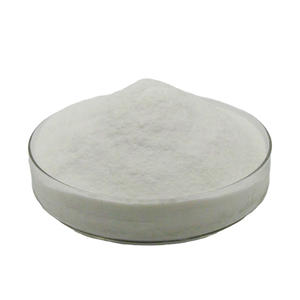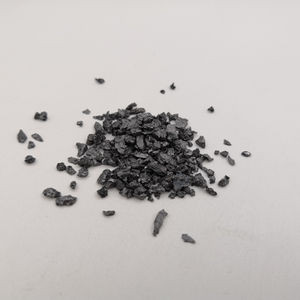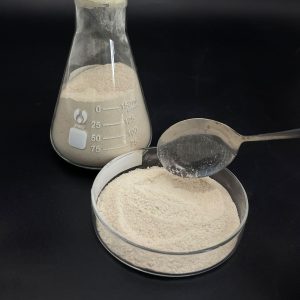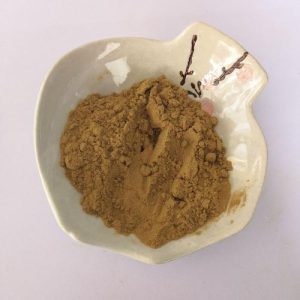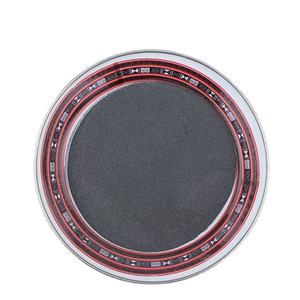Professional and high-quality metal alloys, ceramic products and concrete additives | RBOSCHCO
PRODUCT PARAMETERS
Description
| Glycerol block polyether Properties | |
| Other Names | Glycerol polyoxyethylene polyoxyethylene ether; Polyoxyethyl polyoxyepropyl glycerol ether |
| CAS No. | 9082-00-2 |
| Compound Formula | C3H8O3(C2H4O)n(C3H6O)x |
| Molecular Weight | N/A |
| Appearance | Transparent viscous liquid |
| Melting Point | N/A |
| Boiling Point | N/A |
| Density | N/A |
| Solubility in H2O | N/A |
| Exact Mass | N/A |
| Glycerol block polyether Health & Safety Information | |
| Signal Word | N/A |
| Hazard Statements | N/A |
| Hazard Codes | N/A |
| Risk Codes | N/A |
| Safety Statements | N/A |
| Transport Information | N/A |
(Glycerol block polyether CAS 9082-00-2)
Overview of Glycerol Block Polyether
Glycerol block polyether, or polyether glycerols, refers to polymers derived from glycerol and alkylene oxides. These polymers combine the hydrophilic nature of glycerol with the hydrophobic properties introduced by the alkylene oxide units, resulting in versatile compounds with unique physicochemical properties. Glycerol block polyethers find widespread use in various industries due to their excellent solvency, stability, and compatibility with various materials.
Characteristics of Glycerol Block Polyether
Excellent Solvency: Glycerol block polyethers exhibit strong solvency towards polar and non-polar compounds, allowing them to be used as solvents or components in formulations.
Thermal Stability: These polymers can withstand high temperatures without decomposing, making them suitable for high-temperature applications.
Low Toxicity: Glycerol block polyethers are generally non-toxic and biocompatible, making them safe for food packaging, cosmetics, and medical devices.
Good Chemical Resistance: They resist chemicals such as acids, bases, and solvents, ensuring durability in harsh environments.
Ease of Processing: Glycerol block polyethers can be easily processed into films, fibers, and adhesives, making them versatile materials for various applications.
Application of Glycerol Block Polyether
Food Packaging: Due to their non-toxicity and good barrier properties, glycerol block polyethers are utilized in food packaging products to extend service life and maintain food quality.

Food Packaging
Cosmetics and Personal Care Products: They are typically located in cosmetics and personal treatment products as emulsifiers, stabilizers, and viscosity modifiers, enhancing product consistency and feel.

Cosmetics and Personal Care Products
Adhesives and Sealants: Glycerol block polyethers provide strong adhesion and durability to adhesives and sealants, making them suitable for bonding various materials.
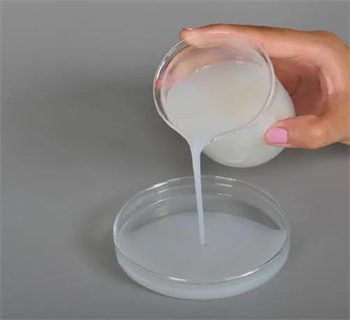
Adhesives and Sealants
Paints and Coatings: These polymers enhance the properties of paints and coatings, improving their durability, water resistance, and appearance.

Paints and Coatings
Lubricants and Fluids: Glycerol block polyethers are used as lubricants and fluids in industrial applications due to their high viscosity and stability.

Lubricants and Fluids

Company Profile
NANOTRUN(www.rboschco.com) is a trusted global chemical material supplier & manufacturer with over 12-year-experience in providing super high-quality chemicals and nanomaterials, including boride powder, nitride powder, graphite powder, sulfide powder, 3D printing powder, etc.
The company has a professional technical department and Quality Supervision Department, a well-equipped laboratory, and equipped with advanced testing equipment and after-sales customer service center.
If you are looking for high-quality Glycerol Block Polyether, please feel free to contact us or click on the needed products to send an inquiry.
Payment Term
L/C, T/T, Western Union, Paypal, Credit Card etc.

Shipment Term
By sea, by air, by express, as customers request.
FAQ
Q1:
Are glycerol block polyethers biodegradable?
Re: Glycerol block polyethers are biodegradable, meaning microorganisms can naturally break them down. However, the biodegradation rate depends on the polymer's specific structure and composition. Generally, these polymers are considered environmentally friendly and sustainable.
Q2:
What are the safety considerations when handling glycerol block polyethers?
Re: When handling glycerol block polyethers, it is important to follow safety guidelines. The product should be stored in a well-ventilated area, avoiding direct sunlight and excessive heat. In addition, gloves and eye security must be used to prevent skin and eye call. If contact occurs, promptly wash the afflicted area with water.
Q3:
Can glycerol block polyethers be used in medical devices?
Re: Yes, glycerol block polyethers can be used in clinical tools due to their biocompatibility and low toxicity. They are commonly found in medical adhesives, implants, and drug delivery systems. However, their use in medical applications should comply with relevant regulatory requirements.
Q4:
How do glycerol block polyethers affect the environment?
Re: Glycerol block polyethers are generally considered environmentally friendly due to their biodegradability. However, their environmental impact depends on the specific application and disposal method. Proper disposal and recycling of these polymers are essential to minimize their environmental footprint.
Q5:
Are there any restrictions on the use of glycerol block polyethers in certain industries?
Re: The use of glycerol block polyethers may be restricted in certain industries due to specific safety or regulatory requirements. It is important to consult relevant industry standards and guidelines to ensure conformity with any restrictions or limitations or limitations.


